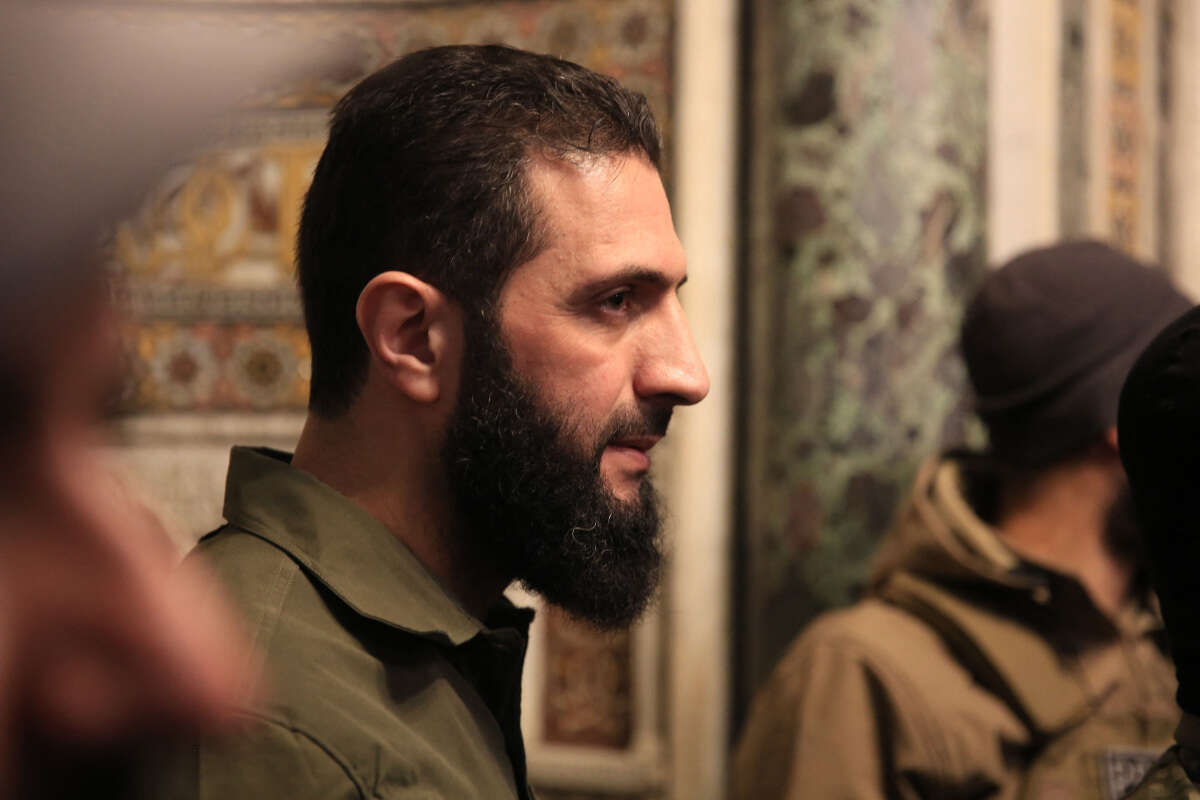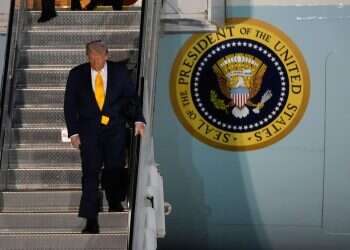Alongside the satisfaction at seeing the Iranian "axis of resistance" collapse in what appears to be a domino effect (Gaza-Lebanon-Syria), concerns are now rising about the nature of the future regime taking shape in Damascus. This is especially true regarding the question of the new Syrian regime's approach toward Israel, particularly in light of Turkey's establishment as the dominant player in the Syrian arena.
Assad's fall served Ankara well, paving the way for it to expand its foothold in Syria without having to get its hands too dirty. The victory of the rebels it trained and armed for over a decade helps improve its position regarding its core interests in Syria, which mainly include weakening Kurdish autonomy in the country and returning millions of Syrian refugees who fled to Turkey since the civil war, causing much domestic frustration. Under the pretext of fighting Kurdish terrorism, Turkey has created a de facto security zone on the northern border with Syria, including areas like Afrin and others. The zone functions as an independent Turkish-speaking province with civilian infrastructure like roads and hospitals.
Now, Turkey is doing everything in its power to establish a pro-Turkish governing alternative that aligns with Recep Tayyip Erdogan's neo-Ottoman aspirations to transform Syria into a Sunni Islamist stronghold under its patronage. Ankara isn't wasting time, and in an effort to expand its influence, has already declared its commitment to help Syria build a "new structure" and its intentions to strengthen trade, security, and energy ties with Damascus. It even offered to train the military forces that will form under the new government led by Abu Mohammad al-Julani. Recently, it went further by threatening military invasion in what appeared to be a signal to the Americans to withdraw their support from the YPG – a Syrian-Kurdish militia associated with the "Kurdistan Workers' Party" (PKK) which is designated as a terrorist organization by Turkey, the US and the European Union.

Given Erdogan's militant approach toward Israel, which reached a low point after the Oct. 7 massacre, and his standing alongside Hamas, both in words and actions, certain circles in Israel advocate that Jerusalem would do well to repay Erdogan in kind by aiding his Kurdish enemies in the Syrian arena. Supporters of this position argue that beyond moral logic, this approach has practical rationale. Strengthening Kurdish autonomies and other forces hostile to pro-Turkish militias will weaken the influence of Turkish-backed forces and prevent their establishment on Syria's border with Israel. Such a move, they argue, would make it clear to Erdogan that Israel won't overlook the Turkish president's attempts to promote anti-Israeli moves in the regional and global arena. More importantly, it would cause him to hesitate in implementing his threat of invasion into Israel through support for jihadist groups operating in the area. In this view, Israel should provide military assistance to Kurdish groups already receiving significant American backing, thus improving their ground presence and even expanding their hold in northern and eastern Syria.
On the other hand, some warn that following this path could escalate the conflict with the Turks and endanger Israeli interests. Support for the Kurds would be interpreted in Ankara as backing the Kurdish threat to Turkey's territorial integrity and as a worrying advance toward fulfilling the national aspirations of the Kurdish region in Iraq, Syria, and Turkey itself. It's important to understand that the Turks hold a monolithic view of the Kurds, meaning that support for the YPG is equivalent to support for the PKK – both are terrorists in their view.
Ankara's current hostile approach toward Israel, severe as it is, could worsen further, and it wouldn't be wise to push Erdogan in this direction. For example, Turkey could choose not to allow the passage of oil coming from Azerbaijan and destined for Israel through its territory – a move that hasn't been implemented despite the Turkish boycott. Moreover, if Turkey deepens its influence in Syria, not to mention if it launches another military operation to dismantle Kurdish autonomies according to its recent threat, the chances of the Kurds emerging victorious are very low. In such a scenario, what seems like Israel seizing opportunities could prove to be betting on the wrong horse.
According to this approach, one shouldn't act comprehensively regarding the range of challenges with Ankara, and instead should provide specific and unique responses that align with Israeli interests vis-à-vis Turkey according to each issue. Despite periods of tension between Israel and Turkey surrounding the Palestinian problem, Erdogan typically prioritized economic considerations over Islamist ideology, even while remaining its ardent supporter. In fact, until the deterioration that characterized the past year, Turkey cultivated close trade relations and considered cooperation with Israel in additional areas like energy.
Therefore, given wise conduct that integrates the vital interests of both sides, Israel and Turkey might reach understandings in Syria just as Israel managed to coordinate its actions with Russia over the past decade and maintain relative stability in the region. In an optimistic forecast, together they could even turn Syria into a buffer zone, similar to Jordan serving as a buffer between Israel and Iraq (and incidentally – Iran).

It seems that at this stage it's still too early to determine the nature of the new regime taking shape in Damascus, the extent of its reliance on Ankara, and its position toward Israel. Israel would do well to refrain for now from taking a public stance and/or providing overt material support to the Kurds in Syria. Despite the benefit inherent in establishing a strong Kurdish presence as a player blocking the spread of extreme Sunni Islamism in the space hostile to Israel, this could open a new, close, and dangerous front with the Turks. Thus, a move intended to strengthen Israel's security through effective deterrence against Ankara could bring upon it exactly the escalation it fears, in the nature of a self-fulfilling prophecy.
It should be remembered that in the conflict between Ankara and the Kurds, the balance of power favors the former unless the Kurds are provided with game-changing means – a development that doesn't seem realistic in the foreseeable future, neither for the Americans nor for Israel. Trump is not expected to deepen the American military presence in Syria, and if anything, is more likely to thin out the forces as he did during his first term as president. As for Israel, most attention and resources are directed to other arenas, particularly Iran, Gaza, and Lebanon, and at this stage it doesn't seem it can afford to direct more resources than those already invested today in securing the Syrian Golan.
In conclusion, unless it can be done covertly, Israel should be careful about meddling in the Syrian cauldron and suspend support for the Kurds, at least until timing when it becomes clear that betting on them will prove worthwhile, if the balance of power tilts in their favor. This does not apply to other minorities in Syria like Christians and especially the Druze who, unlike the Kurds, are geographically much closer to the border with Israel. They should and can be supported without it being done as a finger in Erdogan's eye while risking escalation of the situation to Israel's detriment.
Noa Lazimi is a researcher at the Misgav Institute for National Security.




